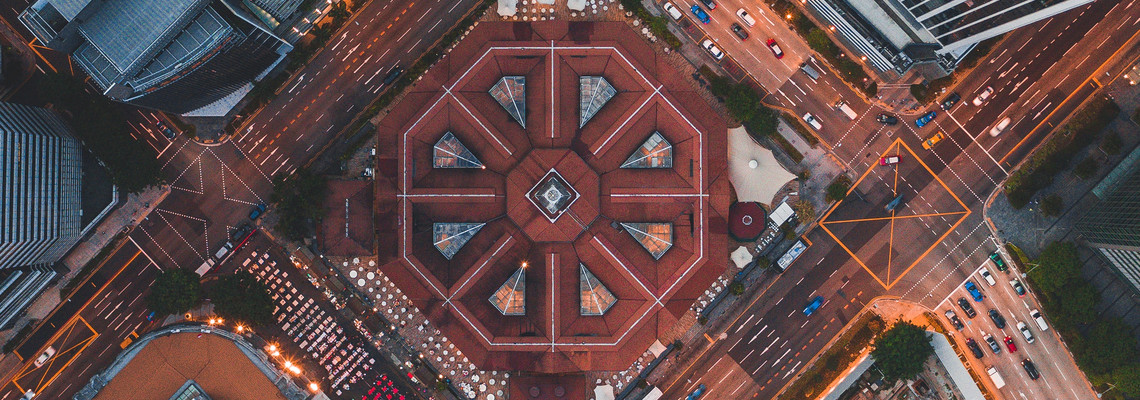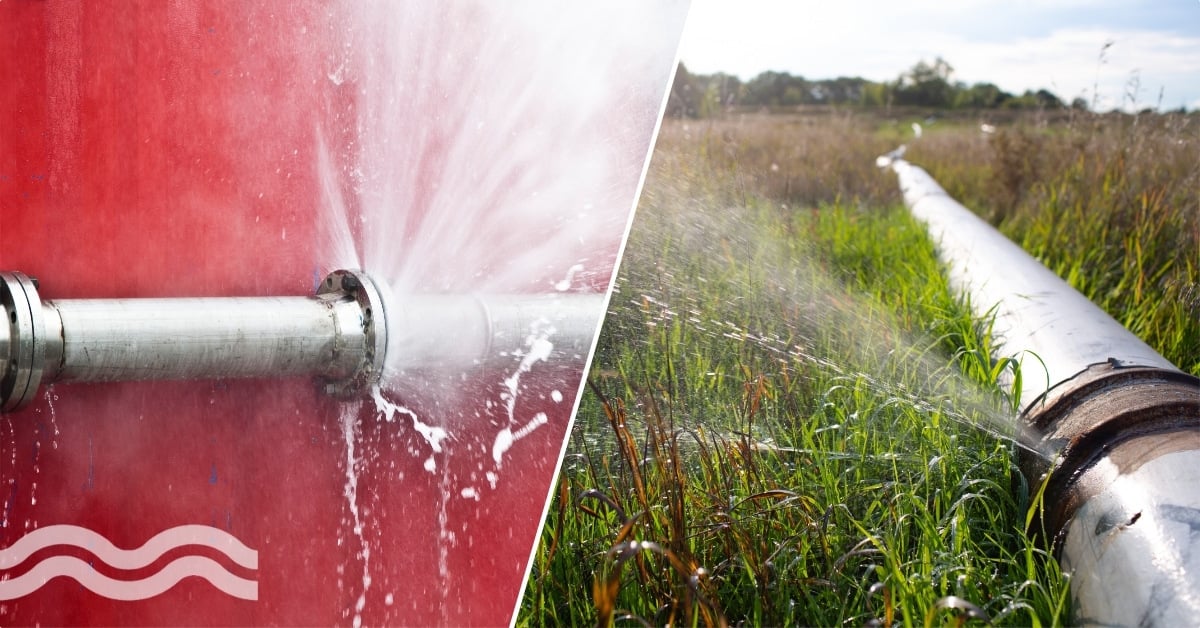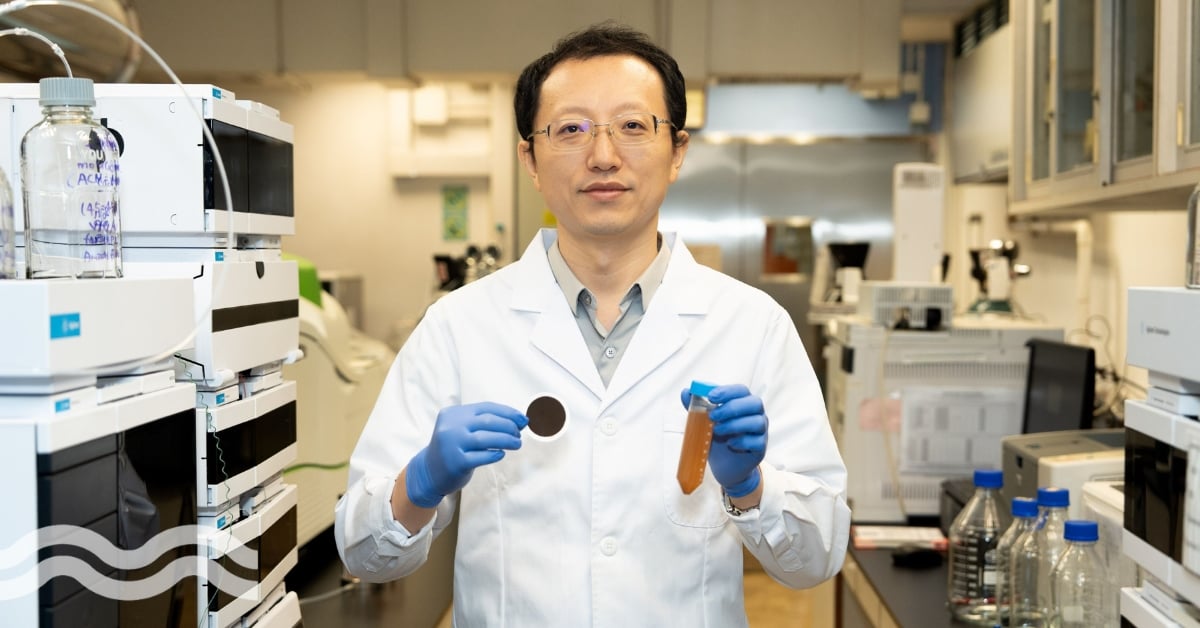Singapore to tender for smart water meter contractor

Becoming a smart water utility of the future
As part of a wider plan to become a smart utility of the future, Singapore water agency PUB is gearing up to roll out smart meters over a two-year period, between 2021-2023.
PUB said it will call a tender in the first quarter of this year to appoint a contractor for the installation.
This follows global engineering firm Jacobs being appointed as the Advanced Metering Infrastructure (AMI) specialist for the project in August 2019.
Jacobs will evaluate and provide advice on meter devices and technologies, with the appointed contractor tasked with the installation.
Earlier this month Tertius Rust, the head of digital/utilities for Jacobs, who is working on the Singapore project, said the “maturity of this IoT technology” is a “catalyst for major digital transformation and the foundation for more complex data benefit realisation initiatives”.
Smart water meter trial
In total, 300,000 smart meters will be installed over a two-year period across residential, commercial and industrial premises
PUB is hoping the smart water meter roll out will help to reduce water consumption, based on evidence from meter pilot trials conducted at Punggol and Yuhua in 2016 and 2018, respectively.
According to PUB, around 10 per cent of the 800 households experienced leaks, which mostly occurred at the water cisterns.
On average, households in the trial achieved average water savings of 5 per cent due to “early leak detection and the subsequent adoption of water-saving habits”.
When questioned, residents who participated in the trials had found the data on daily usage trend to be the most useful feature.
For the main smart water meter roll out from 2021, customers’ daily water usage will be provided via an interactive web portal.
Residents and business owners can receive high usage notifications and alerts of potential leaks promptly. With these alerts, they can fix the leaks quickly to reduce water loss and save money.
Ensuring a smooth and seamless process
“The smart water meter is a prime example of how we can leverage technology to significantly improve our productivity as we do away with manual meter reads,” said Ridzuan Ismail, director of water supply (network), PUB.
“By applying smart water technologies, we are transforming our operations and planning, enabling access to near real-time monitoring and data across the water network.”
Data from the smart water meters will provide PUB with time-specific information on the amount of water customers use, including which part of the day experiences higher demand. The water utility said this will help it to better plan for changes that need to be made to the water system.
Beyond the hardware, PUB is also reviewing the business services that supports water billing to enhance overall customer experience by providing a smooth and seamless process from metering to billing.
The smart water meter market is expected to grow to $5.12 billion by 2026, driven by the need for increased water conservation and reduction of non-revenue water.
.jpg?h=628&iar=0&w=1200)

